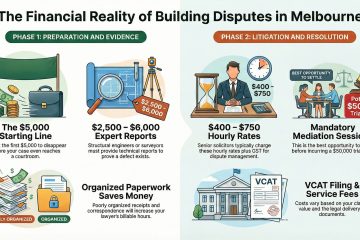Personal statements offer you an opportunity to showcase yourself to admissions officers and provide them with insight into who you are as an individual. Often, the most captivating personal statements feature an overarching theme.
My client was able to frame her story about covering Trump rallies as an essay topic through her strong desire to fight for what she believed in.
1. You’re a great writer
Law schools look for students who demonstrate a strong work ethic, motivation, and the grit to overcome challenges – traits which often shine through in personal statements.
If you can weave an engaging narrative that highlights your strengths and demonstrates that you can meet the demands of legal career, you are ready to write a law school personal statement. Just keep in mind that your statement should focus solely on you as an individual unless they had some influence in shaping it.
Before applying to law schools, take some time to research them so you can demonstrate your values and the school’s focus are aligned – this is particularly useful when creating your personal statement for law school admissions.
2. You’re a good communicator
Your personal statement provides an opportunity to show admissions committee members more about who you are as an individual, while helping them remember you from among a pool of applicants.
Law school personal statements with the best results tend to be direct and to follow an organized structure, avoiding cliches and unnecessary sentimentality while not filling space with unnecessary stories or experiences.
One student used her story of watching prison lights flicker as an effective metaphor to represent both her personal and political growth, then tied it into her desired career in law – creating an essay which was both beautiful and persuasive – leading to admission at multiple schools.
3. You’re a good listener
Your LSAT score and undergrad GPA are great starting points, but the law school personal statement is one of the most crucial components of your application. Here you have an opportunity to demonstrate why admissions committee members would find you suitable for their school.
Make your law school personal statement memorable by choosing a central theme to connect all of your experiences and anecdotes. For instance, if your accomplishments seem scattered among different categories, using career goals as the thematic thread could bring them all together into one coherent narrative.
Be sure to conduct thorough research on each school you apply to before making your decisions. Spend some time reading their mission statements, alumni stories and news posts on social media in order to gain a fuller picture of what each institution prioritizes and emphasizes.
4. You’re an independent thinker
Law school personal statements are an effective way of showing admissions committees that there’s much more to you than just your GPA, LSAT score and extracurricular activities. A personal statement gives you an opportunity to tell a compelling narrative about yourself while outlining how your experiences have formed your world view.
Personal statements should avoid discussing weaknesses unless they can be turned into strengths. For instance, if your LSAT scores led to you not being accepted to your dream law school, perhaps write about how that experience made you reconsider your goals and even switch majors.
As part of your application to each law school, it’s also crucial that you demonstrate you’ve conducted sufficient research into each one to demonstrate they meet your ethos, values, and desired area of practice. This will give the admissions committee an idea why the two of you belong together.
5. You’re a good communicator
An effective law student and lawyer requires great communication skills. Your personal statement gives admissions committee members an insight into who you are as an individual, as well as the experiences which will shape you into a future attorney.
Your personal statement should include aspects of your background that don’t appear elsewhere, like test scores, GPA or resume. It also offers you an opportunity to showcase writing abilities–an essential asset as an attorney.
If your life experience spans across numerous dimensions, consider using a montage approach instead of focusing on one single event or experience. A montage structure ties disparate parts together under an overarching theme such as your career ambitions or why applying to law school was motivating for you.


